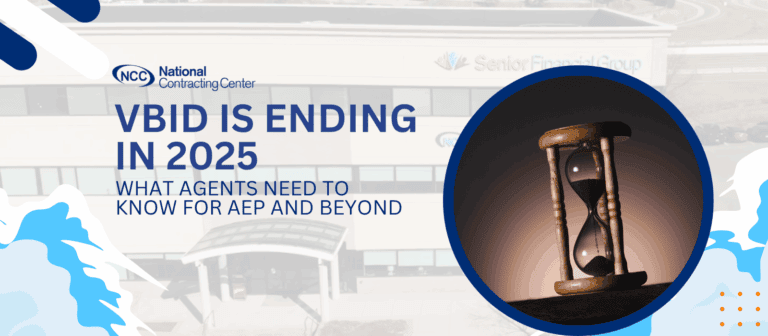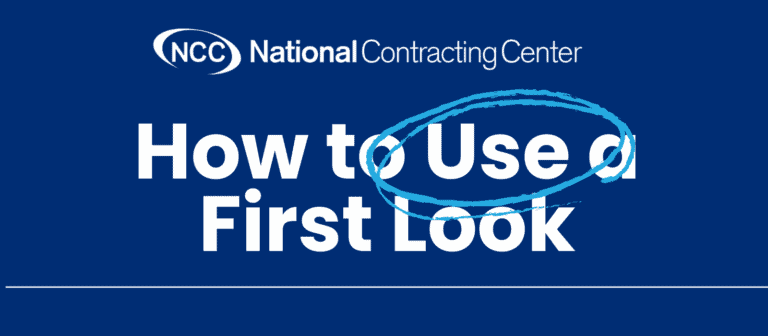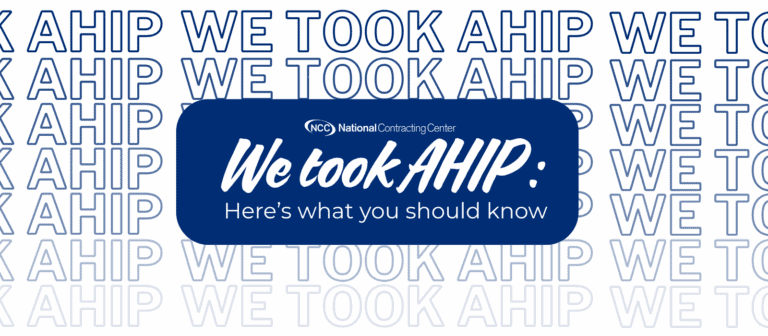Medicare Needs Analysis – Use This Form
Read below to find out how to conduct a Medicare Advantage Needs Analysis, and make sure you download our convenient needs assessment form to make the process easier. The form is available both in printable format and as a downloadable pdf.
You can’t find the best coverage for your Medicare Advantage clients without getting to know their needs. What medications do they take? What’s their health history like? Understanding these details is your first step in giving excellent service and being the most-referred agent in town.
Want to step up your sales game? Ask the right questions during your next Medicare needs analysis.
1. “Has anyone explained your Medicare options lately?”
This is the most critical question you can ask a client. It’s your duty as their insurance expert to educate them on Medicare. They need to understand what Part A, Part B, and Part D cover and how other plans function. Most don’t, so be the one agent who takes the time to help them navigate Medicare.
2. “Do you want any prescriptions checked?”
(Note that an agent cannot ask any Medicare beneficiary, “what prescriptions do you take?”) Each Medicare Advantage plan that includes drug coverage has a set formulary of generic and brand names that the plan agrees to cover. You may need to research prescriptions to see if either generic versions or a similar drug is covered in the plan formulary. If not, clients will have to pay out-of-pocket for any prescriptions not covered.
3. “How often do you go to the doctor or see a specialist?”
Most Medicare Advantage plans require a small copayment for visits. The difference between a $20 and $40 copay can make a big difference if your client goes to a primary care physician and a specialist ten times a month. For example, a person receiving physical therapy might see a specialist three times a week and pay the specialist copay each time.
4. “Do you have a particular doctor, hospital, or pharmacy that you want to use?”
If you are enrolling a client in a Medicare Advantage Plan, the carrier has developed a network of providers, which results in cost savings for beneficiaries. Policyholders could end up paying more for their medical care and prescriptions if you don’t double-check if their preferences are in-network.
5. “Do you have End-Stage Renal Disease or any other chronic conditions?”
If a client has ESRD, they cannot enroll in most Medicare Advantage plans. However, some Medicare Advantage carriers may have a special needs plan that will cover chronic conditions like ESRD. As long as the client doesn’t have ESRD, they can’t be denied coverage for pre-existing conditions.
6. “Do you know anyone who has been in an assisted living, long-term care, or skilled nursing facility?”
Medicare has limits on the number of days it covers for care in a nursing home facility. You will need to research which Medicare Advantage plan can provide the most significant relief to your client and keep costs as low as possible.
7. “Do you live part-time in another state or travel frequently?”
Medicare Advantage plans usually have a local/regional provider network designed with special cost controlling practices. All visits to out-of-network providers may not be covered, or clients will pay higher rates. You must check each plan’s benefits to see travel and residency coverage restrictions. No matter what Medicare Advantage plan you have, if clients require emergency or urgent care, the plan MUST cover it.
8. “What do you like about your current Medicare plan?”
Get insight into what your client is looking for in a Medicare Advantage plan and perks. If the client loves gym membership perks, you can look into plans that reward healthy lifestyles with gym memberships. It lets clients know you are trying to find plans that fit their needs and future expectations.
9. “What don’t you like about your current Medicare plan?”
See if there is an area of a Medicare plan that you can improve on. Perhaps their current plan doesn’t cover a preferred specialist or service your client would visit. Again, it helps you get as much background information about how your client uses their current benefits and plan services.
10. “Do you currently receive health coverage through a former employer or organization?”
Some retiree plans work in tandem with Medicare to cover clients’ health needs and some lapse when Medicare eligibility arises. Clients need to speak with the benefits coordinator to see how a Medicare Advantage plan would affect their retiree coverage and if there will be any gaps.
Want to talk more about how to conduct a medicare needs analysis? Call 800-695-0280 to talk to a Marketing Specialist today.








